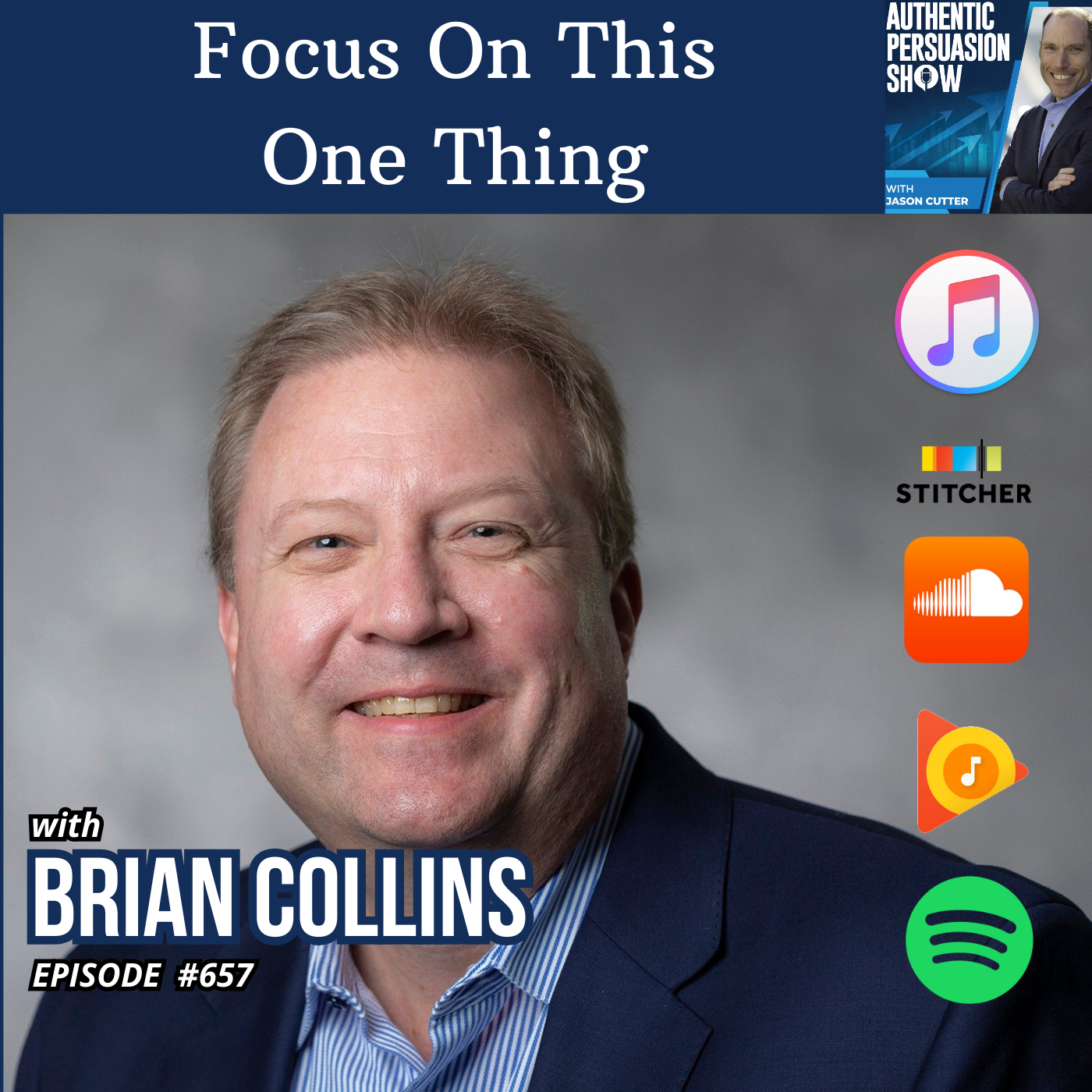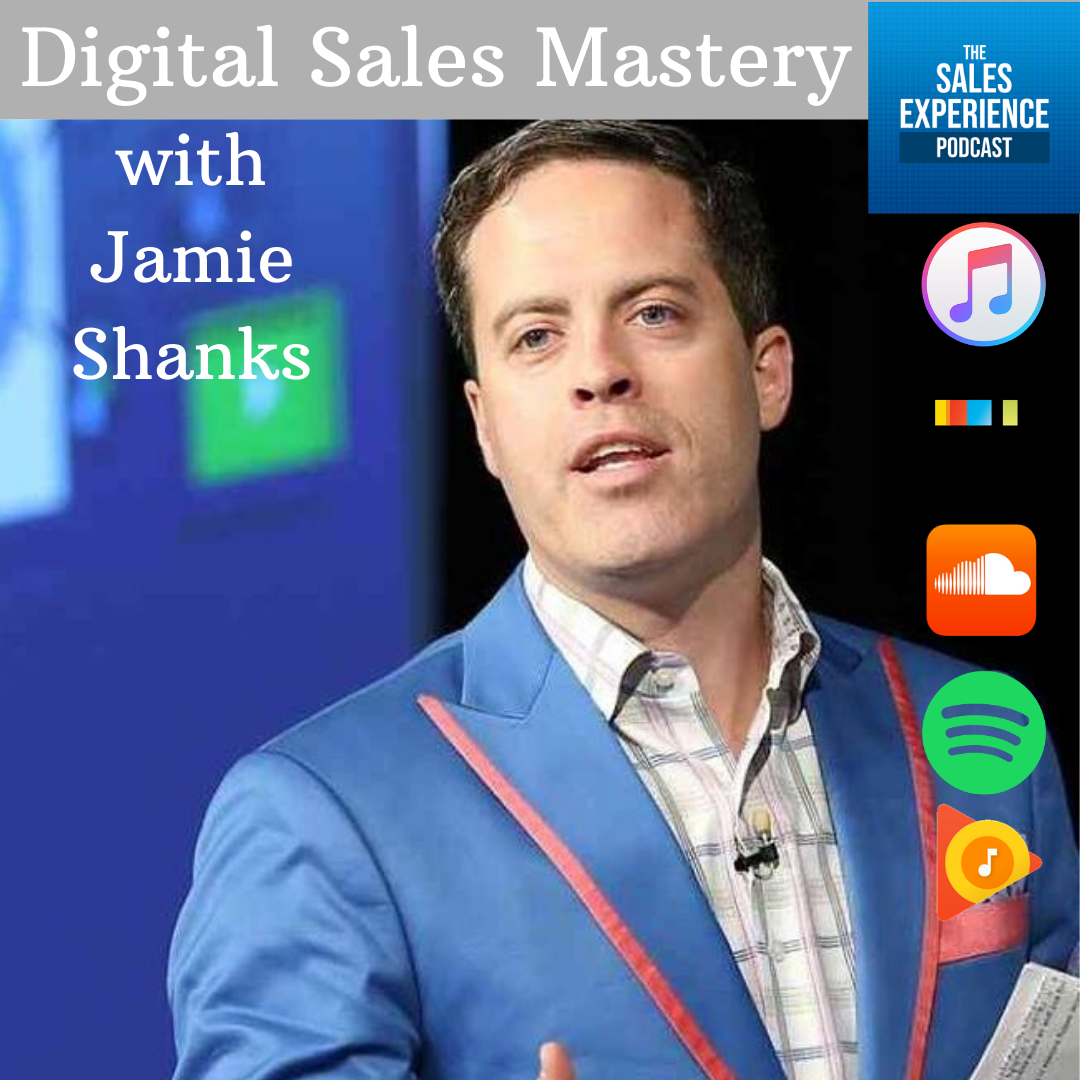Show Notes
In Part I of the Supporter conversation, there were probably very little surprises. When you step back and examine the people in your life that fit most into each of these groups, you can see their preferences for different situations and how it relates to this behavioral overview.
In this episode I dive into how they like to buy and how to sell to them in a way that will make most comfortable and happy.
It’s all about supporting the Supporters in their mission
Episode 37 – Trascript
[Coming Soon]
On this episode, I talked about how to care and support supporters. Welcome to Episode 37 of the sales experience podcast. In the last episode was part one where I was covering the behavior group known as supporters. Now, if you’re familiar with disc profile testing, they refer to them as steadiness. The people in this group feel it is their mission and duty to take care of other people. And pretty much at any cost, even if it means not taking care of themselves.
Time, energy and money spent on themselves will literally feel like they’re stealing it from other people, that time, energy, and especially money could be spent to help other people in need. And to the supporter, it feels selfish to do much for themselves. And again, like I said before, there’s no right or wrong with any of this. But for all of us who have supporters in our life, it is amazing and they really bring a lot of love and nurturing and help.
And there’s so many times where you might be in need in your life, and the supporter’s there too help you out and the only one who’s there. And so it is amazing. And you know that with the supporters in your life, they you probably like I said in the last episode, you want to do things for them, you want to thank them, you want to appreciate them, you want to try to give them gifts, maybe you know, you appreciate everything they do for you.
So maybe you want to buy them a spa package or massage package and nice dinner out a weekend getaway. You know, something good for them to help reduce the stress, get away from their normal life, just take time for themselves. But the challenge is, is they don’t like the thought of that. They don’t like the thought of doing anything for themselves, they’ll see it as a waste of money. And that you should keep that money for yourself in case you have your own emergencies. And so there’s that struggle where you want to take care of them. They don’t like receiving it and there can be this internal struggle that occurs in the life of supporters and the people that you have in your life who are supporters.
The reason why I mentioned this because it’s important when you’re dealing with prospects and people in your life that our supporters because you want to keep that in mind as you do things for them. And to not take it personal if they don’t want your help or don’t like the gifts that you give them because it’s not about you, it’s about what’s going on inside.
Now, let’s shift our discussion towards the sales experience part of dealing with supporters. So, you’re faced with a supporter who is a prospect there in front of you, how do they like to buy? Well, the first thing is you got to keep in mind is that supporters really avoid and dislike confrontation and they want to avoid that at all costs. They know that going into a selling buying transaction where they are on the buying side, if they have to deal with a salesperson, it’s going to fill them with anxiety and stress.
The thought of, let’s use the car example because everyone has either bought a car known somebody who’s bought a car is familiar enough with that process, is the thought of for a supporter of going to a car lot and buying a car or dealing with a salesperson will completely stress them out. And the reason why is because they know that they have a inability or complete dislike of saying no. If they say no to somebody, then that could lead to confrontation, it could lead to hurt, it could lead to drama, it could lead to a whole bunch of things that they really, really want to avoid at all costs. So, if they go into a car lot, and they really don’t want to buy the car that the salesperson is trying to talk them into, they will have a hard time saying no, and walking away from that transaction because they don’t want the confrontation, they don’t want the drama. And so they go into that kind of a buying situation with that thought in their mind, which will do a couple of things.
One is they just won’t go into those situations so they won’t buy a new car. You will see a lot of supporters who will try to find somebody else in their life, who is more on the confrontational scale, like the group of talk about the next couple of episodes coming up. They might take that kind of person with them so that they can be the confrontational buffer to kind of negotiate the transaction or say no. Supporters a lot of times aren’t going to want to go into those situations themselves. And so they don’t like that, they don’t want the confrontation so they’ll avoid areas where they have to deal with a salesperson, or they want to make sure they know exactly what they want.
That if it’s an easy, more transactional thing instead of a consultative type interaction with a salesperson where there’s going to be decisions and they might have to say no. Or they’ll just avoid it altogether, buy things online, or from a catalog, whatever it is just to avoid that all together. So, keep in mind the supporters that you’re interacting with, they are coming to this conversation with a healthy level of anxiety and stress because they’re worried about the confrontation.
Now, how do you sell to them when you know this, the first thing is, is that when you’re interacting with someone, as soon as you realize that they’re a supporter, you want to help them understand what your job is, and that it’s there to help them. If you’re truly a sales professional and you’re doing a consultative type approach with the people you’re interacting with to help them make the right decisions; you want to let your supporter, just like you would anyone else, but you want to let them know that your goal is not to push them into anything, to force them into buy, to manipulate them, or talk them into something that’s not the right thing. Your goal is to help them find the right thing. And then you want to make sure that they understand that the choice is completely theirs.
Now, of course, you know that. If you’re listening to this, hopefully you’re one of the good people out there who want to do sales in the right, way long term as a profession. And in your mind, you may know that, in your mind, you may know, hey, I’m one of the good guys here, I’m going to do what I can for you. And ultimately, it’s your choice because my goal is not to manipulate you because I know that if I push you into buying, it’s not going to lead to good things long term, and I’m here for the long term.
But with supporters, you want to really make sure you let them know that and verbalize it, that your goal isn’t to push them in anything. And that at the end of the day, it’s their decision, they want to walk away, no issue, you’re not going to hold it against them, you hope that you guys can still be in contact or be friends, and then they’ll be okay with it. And then that will kind of put their guards down. When you get into your questions, keeping in mind that their ultimate goal is to support other people and care about other people.
And anything they’re buying in their mind has to be geared towards what they can do to help other people. When they buy a car, buying a car is not about themselves. It’s not about how can I buy a car that makes me feel good. It’s, I need to buy a new car because I need something reliable because if somebody calls me at three in the afternoon and needs a ride, I need that reliable transportation that will help me get there. If they’re talking to you and let’s say they need help with their credit, it’s not about how the credit repair whatever it is, is going to help them. It’s about what that opens up and what they can still do for other people.
So always remember that. And when you’re asking your questions, and going down your discovery path, is that your questions with a supporter want to be about their goals and how they see your product or service fitting into their ultimate vision and plans and desire to be of service to other people. And again, that’s different for all the groups, but with the supporters, that’s where it’s at.
If we look at the example of buying a house, let’s say it’s a house with a pool, the supporter isn’t thinking, hey, this is great, I have a house with a pool, this is perfect, I can now just relax in my pool and have a good time. It’s more of I’m buying a house with a pool because I want a place for people to come and feel supported and loved. Or I have people in my family who I know would like a pool so I want to have a pool so that they could have that. Versus let’s say like a promoter who wants to buy a house with a pool, they want to have parties, they want to have people over they want to entertain, they want it to be fun and they want to use the pool with other people.
The supporter wants to have the pool available for other people so that they can feel loved and supported. And so that’s the key is to ask the questions and figure out where they’re at with their goals, their desires and the framework of their behavior type as a supporter, so that you can then provide solutions that fit that and that helps them get what they want, which is the ultimate goal of being of service to others.
Well, that wraps up another episode where we’re having a quick discussion about supporters, behavior types, buying, selling and all of that together. Make sure to come back tomorrow and listen to the next part, which is where we’ll talk about the polar opposites of the supporters and how that group deals with confrontation, empathy and their general tendencies.
And until next time, always remember that everything in life is sales and people will remember the experience you gave them.
![[E37] Behavior Week: Supporter Part II – Helping Supporters Buy](https://episodes.castos.com/salesexperiencepodcast/images/TSEP-Cover-Behavior-Week.png)


